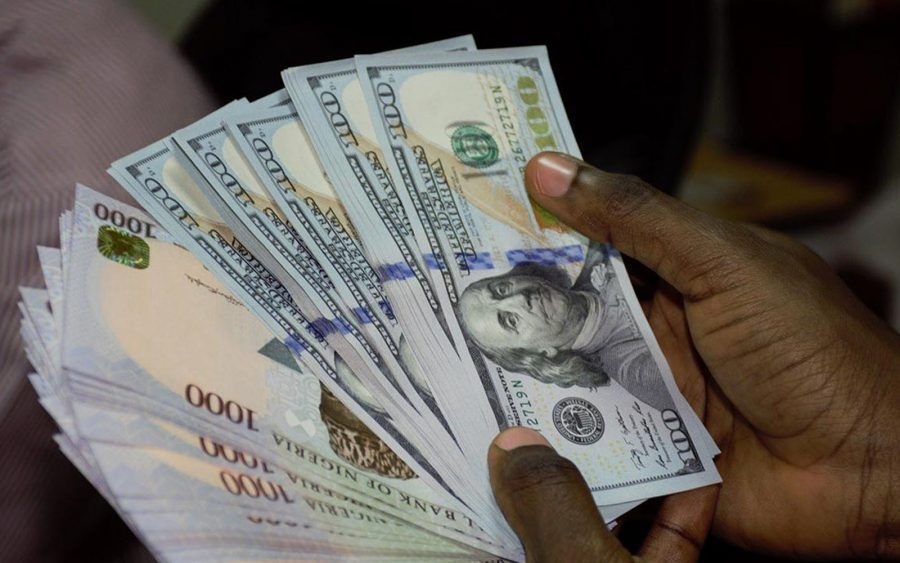Early Saturday, September 2, 2023, Brent crude oil was trading at a remarkable price of over $88 per barrel.
A closer examination of crude oil price trends indicates that this marks the highest-level crude oil prices have reached since January 2023.
Notably, on September 1, Reuters delivered a report highlighting a substantial 4.8% increase in Brent crude prices over the week, signifying the most significant weekly surge since late July.
In parallel, the West Texas Intermediate (WTI) experienced a notable rise of 7.2% during the same week, marking its most substantial weekly gain since March 2023.
These price movements reflect a dynamic and rapidly evolving oil market, underlining the substantial fluctuations and influences impacting both Brent crude and WTI prices.
Investors and analysts are closely monitoring these developments, which carry significant implications for the global energy landscape and financial markets.
Factors responsible for the rise in crude prices
In recent times, oil prices have experienced a noticeable increase, driven by a combination of various factors that have culminated in this recent surge.
These factors encompass a spectrum of influences, ranging from China’s economic slowdown to Saudi Arabia’s decision to curtail its oil production.
Just last month, Nairametrics reported on Saudi Arabia’s determination to prolong its reduction in crude oil production, which had initially commenced in July 2023, with the extension now slated to continue until the end of September 2023.
Notably, on September 1st, Amena Bakr, OPEC’s chief correspondent, took to X (Twitter) to highlight the market’s high expectations for Saudi Arabia to once again extend the 1 million barrels per day cuts for yet another month.
Simultaneously, Reuters has also brought to light that Russia’s Deputy Prime Minister, Alexander Novak, confirmed an agreement between the world’s second-largest oil exporter and OPEC+ partners to reduce oil exports in the coming month.
Additionally, the disruption caused by Hurricane Idalia has played a significant role in the recent uptick in crude oil prices on the global market, with investors expressing concerns about its potential impact on the oil market.
Furthermore, supply concerns stemming from a recent coup in Gabon have also made a modest contribution to the recent increase in global crude oil prices.
These developments collectively underscore the complex web of factors influencing the current state of the oil market, making it a subject of keen interest and scrutiny for investors and analysts alike.
What you should know:
In the upcoming fourth quarter (Q4/2023), it is anticipated that Chinese imports of Saudi crude oil will experience a significant upsurge.
This rise in imports can be attributed to the increased purchasing activity of both state-owned and private-sector companies in China.
Concurrently, Saudi Aramco is in the process of finalizing several key partnerships with Chinese firms.
This development highlights a burgeoning trend in the energy sector, where Chinese demand for Saudi crude oil is set to intensify.



















